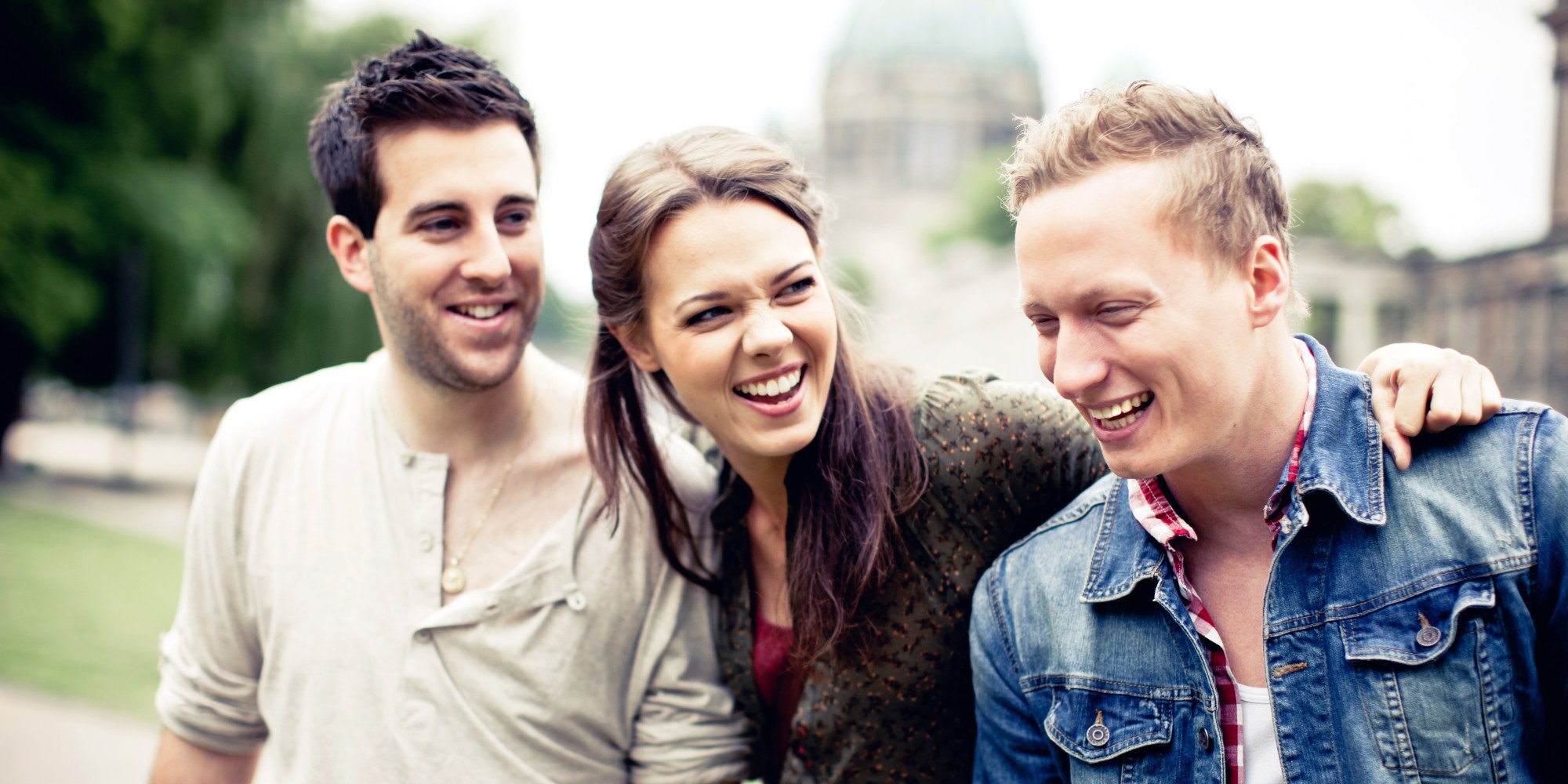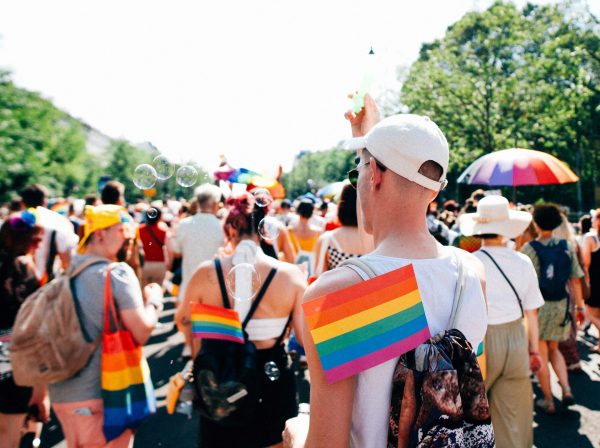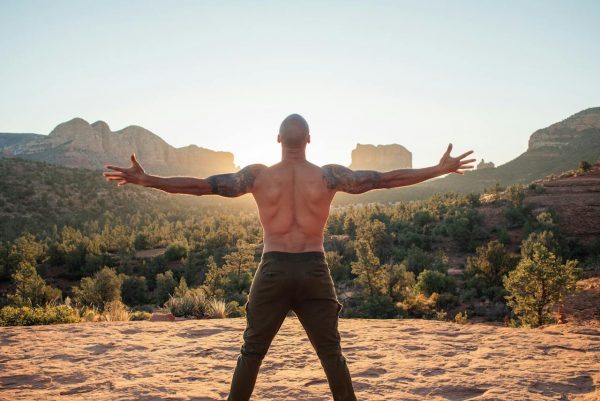This will be the first in a series of (three to four) short articles on the types of “allies” to marginalized groups that people will meet throughout their Social Justice journey through day-to-day life. It is meant to be semi-satirical. This article will focus on LGBTQIA+, the next is tentatively planned out as feminist “allies,” and anti-racist “allies.” If there are any others anyone wants to see–let me know!
There are great allies to LGBTQIA+ identified people. I personally know a few of them. In Social Justice circles, there’s a whole lot of learning and re-learning to do. Unpacking, and applying that unpacking to everyday life. There are, too, a plethora of allies that really deserve quotation marks around their titles, because although they call themselves allies, they’re really, well . . . not.
Just being okay with LGBTQIA+ groups and people isn’t allyship. Just saying that you are okay with LGBTQIA+ groups and people is even further detached from allyship. When words don’t match actions, when actions don’t equal reactions in situations where allies should step up or step in, there’s a problem. Claiming one is an ally and actually being an ally? Big difference.
The I’m Not Homophobic, But . . . ally.
You’re not homophobic, but . . . you’re going to push through it and say something oppressive anyway, right? Anytime a person in this category has something to say on Queer Rights, they seem to feel the need to stress the fact that they are not homophobic so hard it becomes nearly comical.
When someone disagrees with this ally, if they dare mention that there should be no “but,” the rebuttal is something along the lines of “no way! I even have gay friends.”
The I Support Gay People, but I Don’t Want to See Those People Kissing in Public, They Should Keep It to Themselves ally.
Well, see, that’s too bad. We Queer folks live in a society that is heteronormative. What does that mean? It means that everyone is automatically assumed to be heterosexual. That’s why we need to “Come Out” to society—because it portrays the default sexual/romantic orientation as heterosexual, that people probably should be heterosexual. That’s not the way it is, though, no matter how vehemently portrayed. Queer movements have carried us far from where we began, but for some reason, the response to heterosexual couples kissing, holding hands, being affectionate towards each other in public (or on TV, etc.) is “awww,” whereas the response to gay couples doing the same is “ew, gross. Gay.”
That response isn’t quite supporting anything. Besides hegemonic discourse, that is. You support Queer folk, sure, or at least you say they do. But you, super-ally, are still a homophobe.
The I’m all for LGBT rights and gay marriage, I have gay friends! ally.
First: get it right, its LGBTQIA+. I don’t care if you say that’s “too many letters,” the point is to try to include as many oppressed people as possible, so please check your privilege and make an effort.
Second: same-sex marriage. Say it with me: same-sex marriage. Not gay marriage. Not all people getting or in a same-sex marriage are gay.
Third: the “I have a gay friend” argument is useless and just because you have a gay friend doesn’t mean you aren’t homophobic or queer-phobic.
The But If You Can Use the Word, Why Can’t I Use the Word? ally.
Because reclamation, that’s why. Slurs are reclaimed because they were once, and often still are, used to oppress us. If you are cis-het, you do not get to appropriate our reclamation. You do not get to tell queer people, who are reclaiming a word, not to use it. Lectures arise on how if we want a given word to stop being used by the dominant society, nobody should be using it—not even us. In contrast, allies in this category additionally argue that because they are allies, so they should be able to use the word. They do support us, after all, so who are we to be so high-and-mighty as to exclude them?
If you are cis-het and doing this, you are using slurs as slurs. That is offensive. That is hate speech.
This goes the same with queer empowerment spaces. If you are cis-het, these are not for you. Stop crying that you are being discriminated. You are privileged, we are oppressed, we deserve a space to ourselves to become empowered.
The Everyone Bleeds Red ally.
In my experience, this discourse is well meant. A bit misguided, but not malicious. We’re all people, we’re all kin, and we should all love each other; instead of being divisive, instead of labeling people as different, we should focus on how similar everyone is. Unfortunately, it’s not that simple. We are all people, and we do all bleed red: people are the same in many wonderful ways—there are so many ways to embrace each other. Yet, there are so many awesome ways humans are all different. Everyone is different. Because of that, people will be treated differently. It’s naïve to assume that because we’re all people, if we just believe that we are treated the same we will be treated the same. If that were the case, though, we wouldn’t need Social Justice movements nor would we need allies. Good allyship means recognizing our differences and the way they affect us—and celebrating those differences! Celebrating those differences also entails calling attention to how those differences impact us in oppressive ways, too, though.
LGBTQIA+ groups and people are accused of being divisive if we acknowledge discrepancies in treatment. Job discrimination and harassment for deviating from cis-het normativity are just two of those discrepancies that are tolerated by society. How divisive it is to become upset at that. And how dare we accuse anyone of erasing our life experiences as marginalized groups when they shout to the heavens that we are not all the same.
The We All Bleed Red/We’re All Human allies are maybe the closest to being good allies. The intent is there, and their heart is (usually) in the right place. There’s always a lot to learn, but this category of allies are at least on the right path.
What type of “allies” have you encountered on your Social Justice journey, or in day-to-day life?





